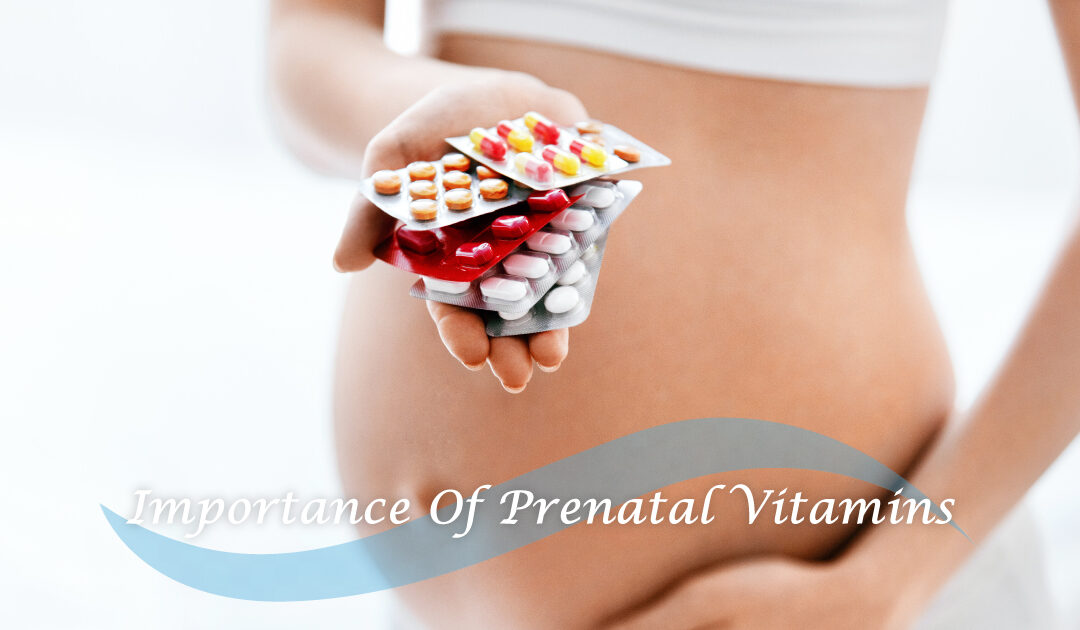Importance Of Prenatal Vitamins
In order to have a healthy pregnancy and a healthy baby, you need to begin taking care of yourself as soon as you plan on conceiving, and really, even before that. In addition to maintaining a healthy lifestyle and giving up bad habits, you need to incorporate healthier habits into your routine as well.
One such habit includes taking prenatal vitamins! Prenatal vitamins are supplements for vitamins and nutrients that are specially designed to nourish your body with nutrients that are essential for a healthy pregnancy.
Why Should You Take Prenatal Vitamins
A lot of healthcare providers put emphasis on the importance of prenatal vitamins, and for good reason. These vitamins contain ingredients that not only keep you healthy when you can’t eat or drink due to nausea but also help prevent diseases that can arise from deficiency of certain minerals.
Some of the important components of prenatal vitamins include:
-
Folic acid
Folic acid is an important nutrient that helps prevent spinal and brain development defects in babies. Experts recommend that you start folic acid supplements as soon as you plan to have a baby for optimal nervous system development.
-
Iron
Iron is an important component of our blood cells. Pregnancy is a high-demand state for blood since it’s a medium for the transport of nutrients and oxygen from the mother to the baby. Supplemental iron helps maintain the supply and prevents Iron Deficiency Anemia in pregnancy.
-
Iodine
A deficiency of iodine during the antenatal period can cause an impaired thyroid function in the baby, which can cause neonatal hypothyroidism and low IQ in babies.
-
Calcium
Calcium is important to support bone and muscle function in your body. Antenatal supplementation of calcium helps prevent decreased bone mass during pregnancy, reducing the incidence of back pain and other movement problems. It also improves pelvic strength to encourage easy labor.
When To Start Taking Prenatal Vitamins
Before making any changes to your nutrition and supplementation, you should consult with your healthcare provider. If they agree that prenatal vitamins are safe for you, then ideally, you should start taking prenatal vitamins early in your reproductive age. If that’s not doable, start taking them whenever you plan on extending your family. You should be taking these vitamins at least a month prior to conception. If you weren’t planning to conceive, just start taking them as soon as you know you are pregnant!
How To Choose A Good Prenatal Vitamin
It’s best to ask your healthcare provider for recommendations of a good prenatal vitamin during one of your well-woman visits. But here are some key ingredients and their required amounts to look out for:
- 400 mcg folic acid
- 17mg iron
- 150 micrograms iodine
- 400 IU of vitamin D
- 200 to 300 milligrams calcium
- 70 mg vitamin C
- 3 mg thiamine
- 2 mg riboflavin
- 15 mg zinc
- 20 mg niacin
- 6 mcg vitamin B12
- 10 mg vitamin E
Once you conceive, ask your healthcare provider if you should continue the same vitamins or not.
Remember, in order to make the most of these vitamins, you need to have healthy eating habits so you’re also getting these nutrients from natural sources. Sweet Mae’s is a great spot for local, healthy treats made especially for mamas and babies in the Charleston area! Let us know if you have questions regarding your nutrition and prenatal vitamins at your next visit.

